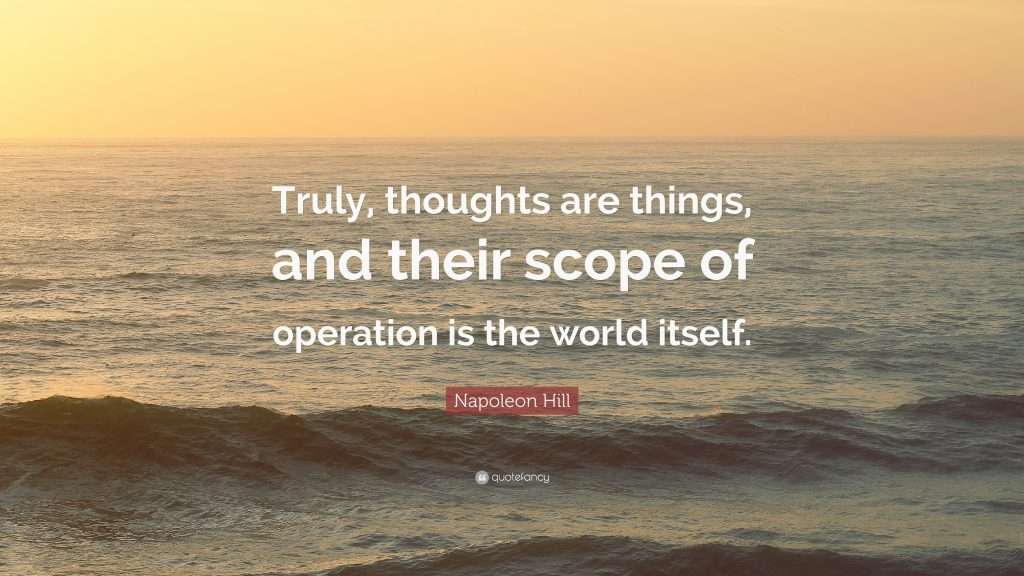Understanding Poverty Mentality: How Your Mindset Can Keep You Stuck
Have you ever wondered why some people seem to break free from financial struggle, while others stay stuck—despite having similar opportunities? More often than not, the difference comes down to mindset. Specifically, something called poverty mentality (also known as scarcity mindset or poverty mindset).
In this article, we’ll explore what poverty mentality is, how it can show up in your life, and most importantly—how to shift into a mindset that attracts growth, freedom, and financial confidence.

What Is Poverty Mentality?
Poverty mentality is a set of beliefs and thought patterns rooted in fear, lack, and limitation. It’s the internal voice that says:
- “I’ll never have enough.”
- “I can’t afford that.”
- “People like me don’t get ahead.”
- “Money is evil or greedy.”
- “There’s no point trying—nothing ever changes.”
This mindset isn’t always about actual income levels. You can have a high-paying job and still think and behave with a poverty mindset. Likewise, someone earning modestly can have an abundance mentality and build wealth over time.
Signs of a Poverty Mentality
Here are some common indicators you may be operating from a poverty mindset:
- Constant worry about money, even when things are going well
- Undervaluing yourself—not charging enough, avoiding promotion opportunities
- Fear of investing (in yourself, in your business, in your future)
- Living only for short-term survival, not long-term growth
- Jealousy or resentment toward others’ success
- Believing wealth is for “other people”, not you
These thought patterns can become deeply ingrained, often shaped by childhood experiences, cultural beliefs, or past financial trauma.

The Cost of Staying Stuck
Operating with a poverty mentality can have long-term consequences beyond your bank balance. It can:
- Limit your career or business growth
- Affect your confidence and self-worth
- Lead to missed opportunities
- Reinforce generational cycles of financial struggle
- Prevent you from building a secure, fulfilling life
Ultimately, poverty mentality isn’t just about money—it’s about how you see yourself and your future.
Shifting from Poverty Mentality to Abundance Mentality
The good news? Mindsets can change. Here’s how to begin shifting toward a more empowering, abundance-based way of thinking:
1. Challenge Limiting Beliefs
Start noticing your internal dialogue. Whenever you catch yourself thinking “I can’t afford it” or “That’s not for people like me,” pause and ask:
“Is this a fact—or a belief I’ve picked up somewhere?”
Replace it with a more empowering truth like, “I’m learning to manage money better every day,” or “There are opportunities out there for me, too.”

2. Invest in Growth
People with an abundance mindset see learning, coaching, and development as investments—not expenses. Even small steps—like reading financial books, taking a course, or learning new skills—can expand your opportunities and shift how you view money.
3. Focus on Long-Term Thinking
Poverty mentality focuses only on now—paying the next bill, avoiding risk, playing small. Start thinking longer term: What will help me grow next year? What actions today will build wealth tomorrow?
4. Surround Yourself with a Different Energy
Your environment matters. Seek out people who are growth-focused, solution-oriented, and financially empowered. Their mindset will rub off on you more than you realise.
5. Look Into Any Childhood Trauma
Many obstacles you face as an adult can be attributed to childhood trauma. If you only focus on the outside (thoughts and emotions), you can easily miss the main cause – unconscious beliefs caused by major childhood trauma. These beliefs shape your thinking and can keep you stuck unless you shine the light of awareness on them, and begin the journey to self discovery. Often they are about self-worth. With a lack of self worth, no amount of “trying” on the outside will matter if you have an inner core-belief that you’re worthless. Seek a therapist who understands childhood trauma and this can be a major turning point.
Final Thoughts
Poverty mentality can feel like a trap—but it’s one you can break free from. By becoming aware of limiting beliefs and intentionally choosing more empowering thoughts and actions, you can rewrite your financial story—starting today.
Ready to shift your mindset and open the door to more freedom and abundance?
Start small, stay consistent, and never underestimate the power of changing how you think. See also how your beliefs about money affect you.